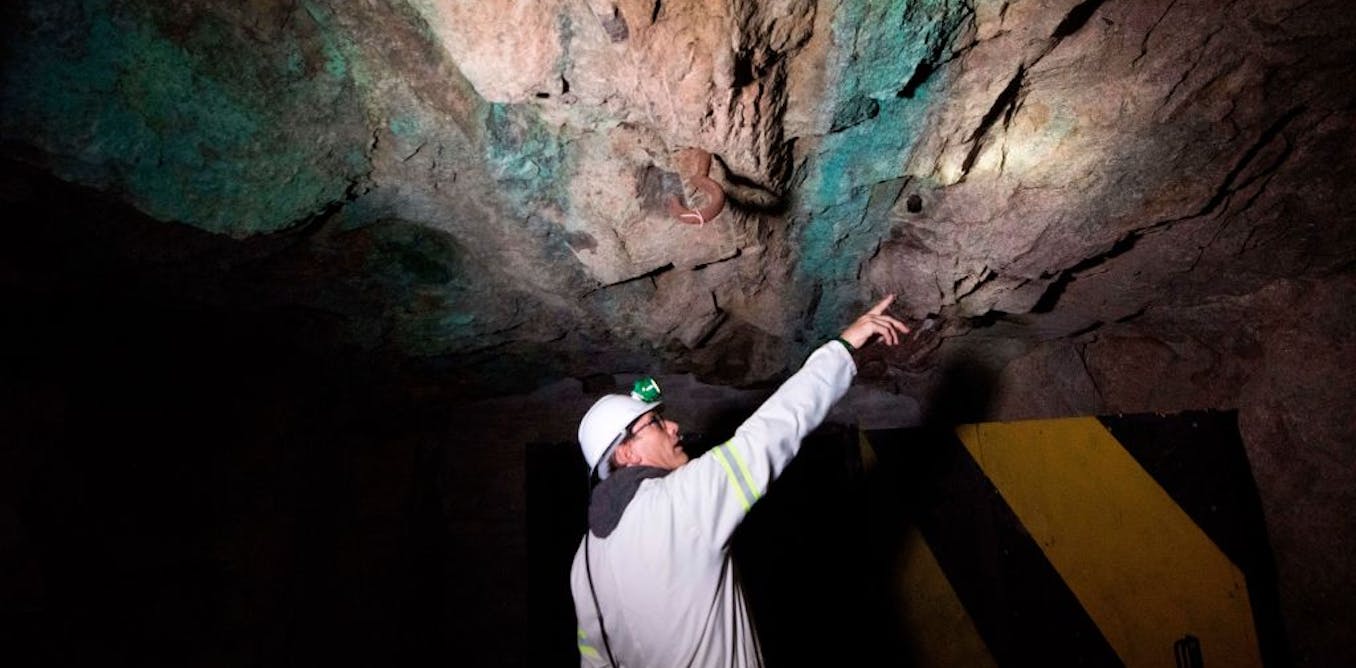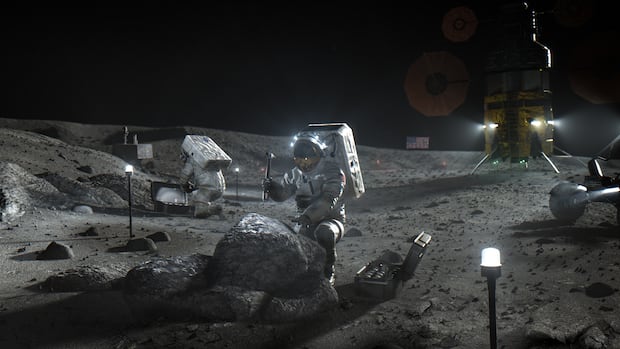Shocking Truth: Are AI-Enhanced Real Estate Photos Deceiving You?

In a world where first impressions matter more than ever, what happens when AI-generated images distort reality? As the real estate industry embraces these cutting-edge technologies, serious questions about transparency and deception arise. Recent reports reveal a growing trend of AI-enhanced images in property listings that can significantly misrepresent what potential renters and buyers can expect.
This issue came to a head with a Zillow listing for a rental home in Detroit, Michigan, where AI manipulated images portrayed a property in an unrealistically flattering light. When compared to the actual state of the house visible on Google Street View, the discrepancies were shocking. This has sparked intense discussions about the ethical implications of utilizing AI for marketing, raising alarms about misleading advertising practices and potential fraud.
While virtual staging—digitally adding furniture and decor to empty rooms—has been around for years, the integration of generative AI has evolved this practice to a disturbing level. In Detroit, AI technology was used not just to stage but to alter the fundamental structure and appearance of a home, a practice some have dubbed “house catfishing.” Artist DeAnn Wiley, who highlighted the listing's alterations, pointed out issues like changed rooflines and missing pathways, emphasizing the extent of manipulation.
The consequences for prospective renters and buyers can be severe. Imagine falling in love with a property based solely on stunning visuals, only to discover during a visit that it falls significantly short of expectations. For many, this leads to wasted time, financial loss, and disappointment when the reality starkly contrasts with the promises made by AI-generated images.
Ethical debates are gaining momentum in the real estate community. While some argue that AI is merely an extension of traditional marketing, others believe that misleading imagery could border on deception or even fraud. The ease with which AI can alter images challenges the industry's integrity and calls for clearer regulations to ensure ethical practices.
A booming industry of companies now offers these AI enhancement services, transforming ordinary property images into visually captivating showcases. While this may benefit property owners and agents by capturing attention, it also extends the frustration for renters and buyers. In an increasingly competitive market, exaggerated portrayals can mislead consumers, raising questions about the balance of power.
As artificial intelligence continues to shape the future of real estate marketing, it begs critical questions: Will regulators intervene against these deceptive practices? How can consumers arm themselves against misleading visuals? The answers to these questions will ultimately influence the integrity of the real estate market as it navigates this new digital landscape.

























